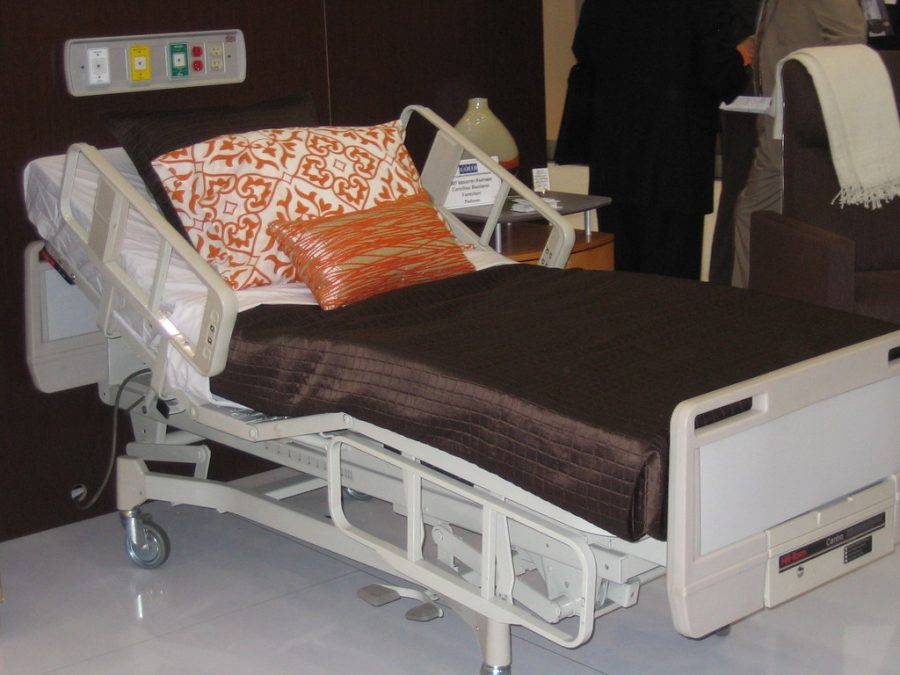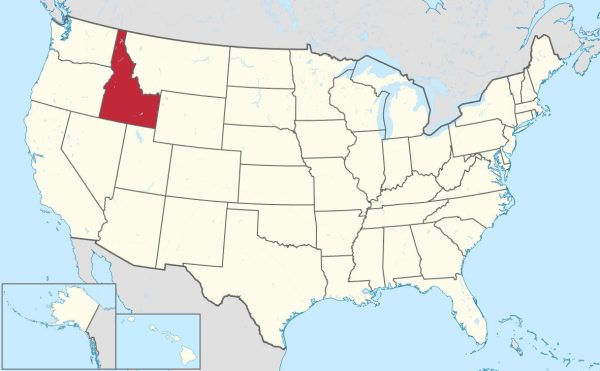Hospitals at Capacity Due to Covid
With schools operating full force and adults returning to their in-person jobs, cases of COVID-19 are spreading throughout the Findlay area. Controversies arise regarding masks and vaccines, but how severe is the virus within Hancock County and local hospitals?
The Blanchard Valley Health System takes in ill patients, but their bed availability is decreasing. Since September 16, 2021, there has been an average of 52 added cases every day. BVHS has about 34 patients currently hospitalized due to COVID-19, and there are a total of 150 beds.
“The people that are getting the virus now are the younger people that tend to do better if it does not turn severe. Most of those that do turn severe are unvaccinated” Dr. Bill Kose, Chief Medical Officer of Blanchard Valley Health System, said.
A dilemma emerges as the hospital needs their beds for other patients with conditions unrelated to COVID-19. People with severe side-effects from the virus are occupying a notable chunk of the available beds, many of them being unvaccinated. Out of 34 individuals recently hospitalized, only 5 of them are vaccinated. 17 people using the beds are in critical care, only one of them being vaccinated.
“We do know that the vaccine is effective and protective but we don’t know if it is as effective as it was before the Delta variant,” Kose said. “You can ask if those around you are vaccinated so that can reduce the risk of them being sick and if you’re vaccinated that’s going to reduce the chances of getting anything.”
Getting vaccinated may no longer stop people from contracting COVID-19, but it is known to reduce side-effects. The vaccine reduces chances of hospitalization, and leaves more bed space for other sick patients as a result. While the virus’ spread can not be fully stopped at this time, it is crucial to take precautions that keep the community as safe as possible.
Locals want nothing more than to return to their normal lives. Yes, everybody wants it that way, but doctors are devoting their days and nights to keeping the hospitals intact. To help stop the rise of hospitalized patients, options include wearing a mask, getting vaccinated, or simply being mindful of personal health.
“If you get something that appears to be cold-like, such as fever, the best thing to do is get tested for COVID,” Kose said. “If you do have a fever, aching, or anything upper respiratory, you need to stay home.”
Your donation will support the student journalists of Findlay High School. Your contribution will allow us to purchase equipment and cover our annual website hosting costs.



